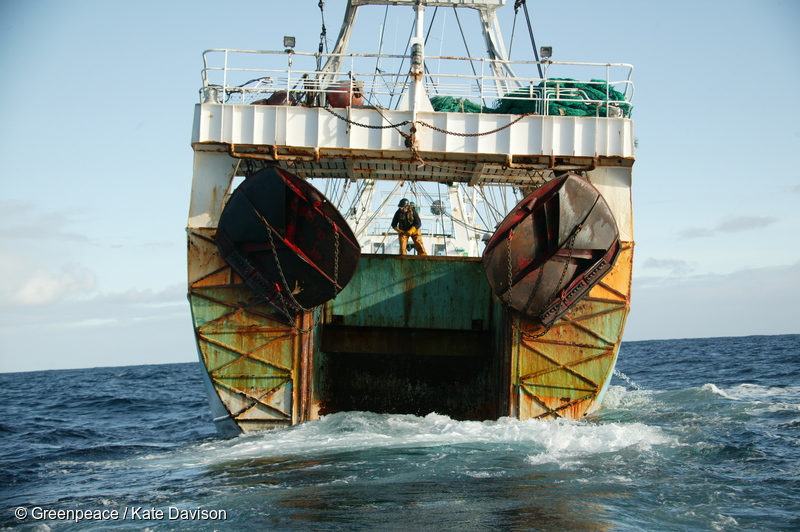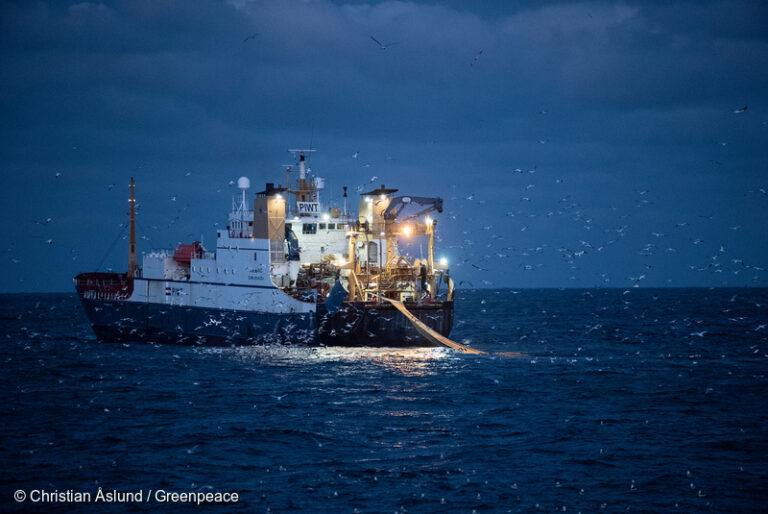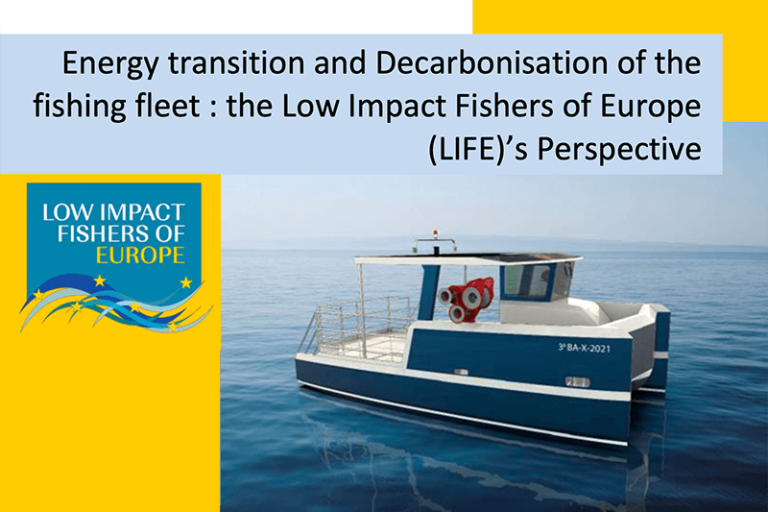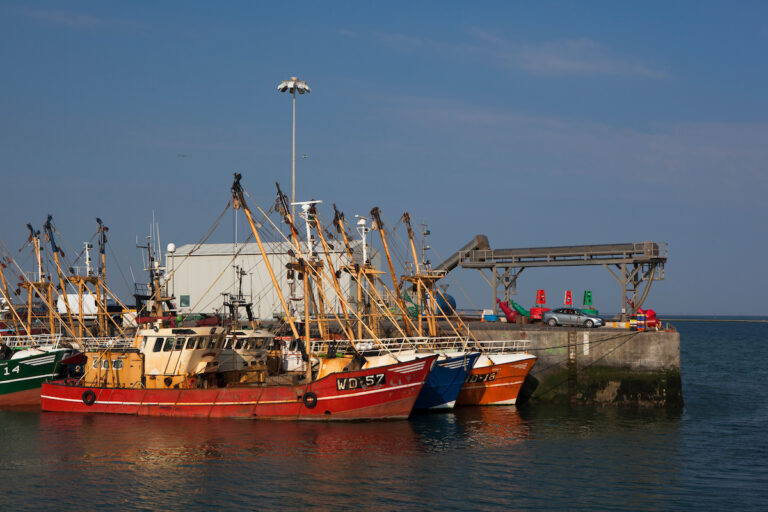
Without the elimination of fossil fuel subsidies from our economies, we will not be able to reach climate objectives under EU law or broader climate objectives under the Paris agreement, in order to ensure a decent future for the planet and humankind in the coming decades. Last December’s COP28 climate summit underlined the urgent need to transition away from fossil fuels and the phasing out of inefficient fossil fuel subsidies that do not address energy poverty or just transitions.
On 21st of May 2024, a decision taken by the International Tribunal on the Law of the Sea (ITLOS ) interprets the United Nations Convention for the Law of the Sea (UNCLOS) in a manner that makes clear that adhering to the COP28 objectives is not sufficient to stop ocean degradation and warming in line with the requirements of the UNCLOS. The decision of the Tribunal calls for climate change mitigation actions, which are necessary also to comply with marine protection obligations.
This decision will not see any international police patrolling the seas, but sets a strong interpretation precedent of obligations under UNCLOS that Member States cannot ignore, because the convention itself is legally binding for States adhering to it (including the European Union).
In the future, will states who are part of the Convention, but not EU members, be able to claim that continuing to grant fossil fuel subsidies to a sector such as the fisheries sector – responsible for vessels’ direct and indirect emissions released from the seabed as well as its degradation through destructive fishing practices and excessive fishing – runs contrary to requirements to mitigate climate change and protect the ocean’s role as climate mitigator?
It will also be interesting to follow what the pending decision of the International Court of Justice on climate change will include and which further obligations for States will be identified in order to properly address climate change and protect land, air and ocean.
Will EU citizens or interest groups be able to confront their own governments for ignoring the mitigation actions needed to protect the Ocean? This does not depend directly on the decision of ITLOS, which however sends a strong signal to all states active in operating in the ocean through their economic activities by clarifying how they should tackle climate change to comply with their international law duty to “protect and preserve” the marine environment.
Will the EU act in line with the interpretation given by ITLOS on marine protection obligations, by being so bold as to limit all activities that put the ocean at risk?
We hope so, but generally speaking, based on latest developments regarding the EU’s delivery with the Nature Restoration Law, Europe appears to not be moving towards protection of the environment including the Ocean. When it comes to the elimination of fossil fuel subsidies, a gloomy silence has fallen on the revision of the Energy Taxation Directive, which is the legislation that imposes a detax on fossil fuel used for fishing. This detaxation is an indirect subsidy to the sector that supports the use of fuel, which takes away the burden of operating costs from fishers no matter whether fishing practices used are very impactful on the marine environment, fish stocks or the ocean or not. It remains unclear whether the Belgian Presidency is still working on this important file, which is relevant not only for climate change objectives, but also for internal market purposes such as the proper support of renewable energies.
Indeed in his report on Speed, Security, Solidarity Empowering the Single Market to deliver a sustainable future and prosperity for all EU Citizens, Enrico Letta , president of the Jacques Delors Institute, in charge of stimulating thinking on EU construction and developments, calls in bold letters to adopt a revised ETD: ‘Finally, a swift agreement on the Energy Taxation Directive is necessary to provide the right incentive to renewables energy across the Single Market.’
In his report, commissioned by the European Council, priority is not given to achieving climate change objectives but to ensuring a sustainable future for EU citizens through the proper functioning of the internal market.
The lack of commitment towards a serious revised Energy Taxation Directive does not leave only the Advisory Board for Climate Change unsatisfied but also European Single Market specialists who say it is time to act. But who will act? The Belgian presidency only has one month left. The Hungarian presidency in the midst of institutional changes? Or hopefully a strong European Commission that will be confirmed in the coming months by the newly elected MEPs?
Flaminia Tacconi is a Senior Lawyer at ClientEarth




